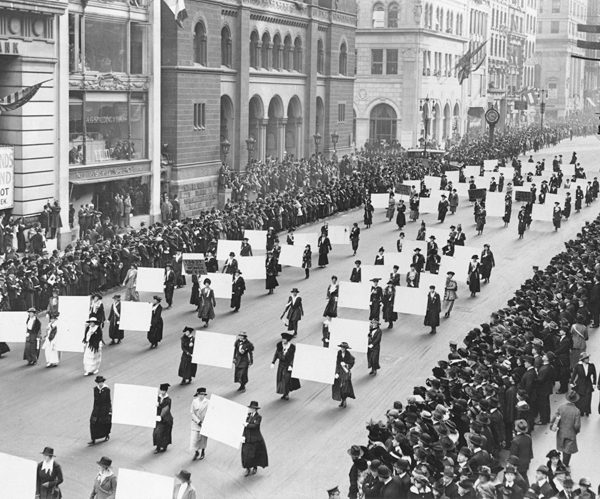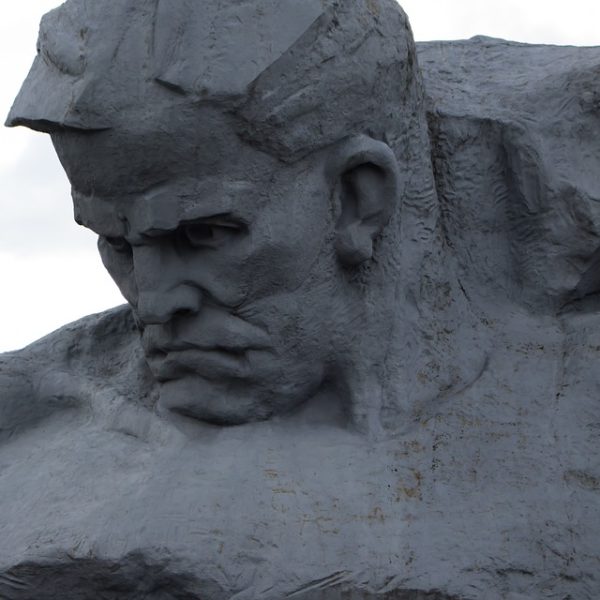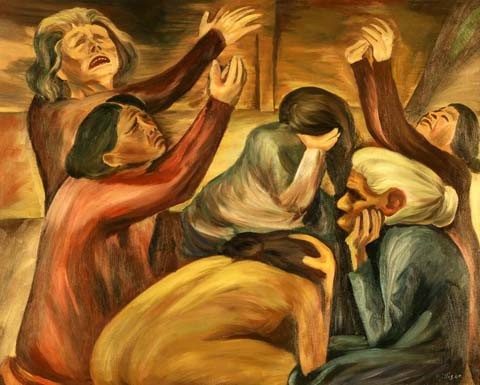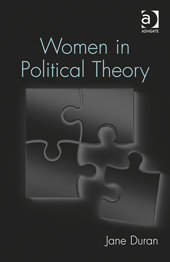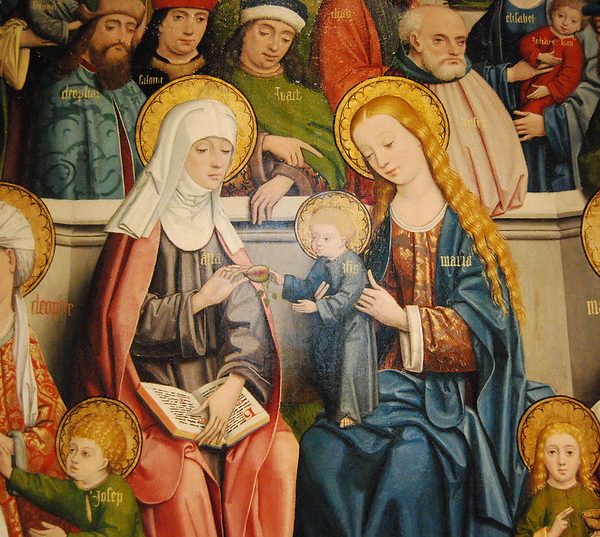
To become part of an institution as a member of a group which has historically been excluded from the university or from the discipline of theology is to be extremely conscious of the fragility of our survival within that institution, to feel the necessity of struggling against the forces of reproduction which conspire towards our ongoing exclusion.

Once you see the penis-centric phrase “the uncircumcised”— some version of it appears in many, if not most of the ancient texts in the corpora mentioned in the book— it’s hard not to notice that, however empty a signifier goy may be, it still signifies something about the male body.

Political theology, insofar as it can articulate an analysis of and resistance to rape culture, offers many resources for confronting sexual violence.
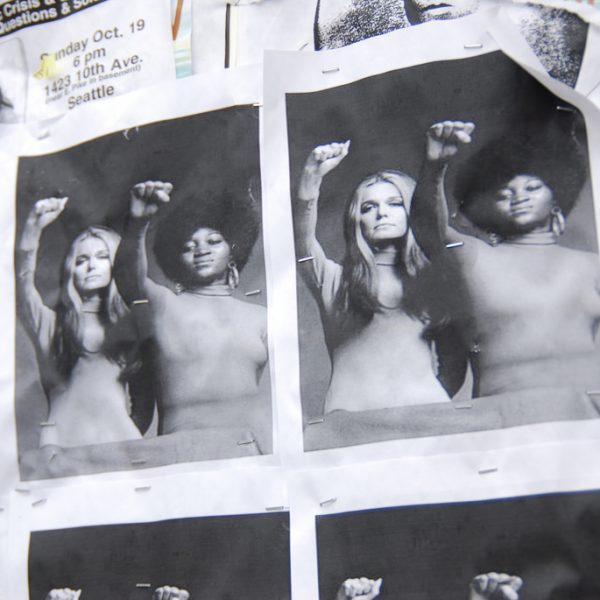
Why has political theology been so resistant to addressing questions of sex, gender, and sexuality in any serious way? Are there any intersections between queer feminist criticism and political theology, and what would it look like if the two methods were brought together?
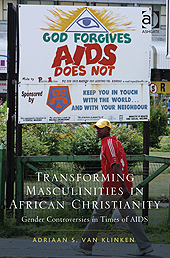
In its report Men and AIDS: A Gendered Approach (2000), the United Nations programme on HIV and AIDS, UNAIDS, has highlighted the critical role of men and prevalent concepts of masculinity in the spread of HIV and the impact of AIDS globally. Where earlier work on gender and the HIV epidemic tended to focus on women and their specific vulnerabilities vis-à-vis the HIV virus and the stigma surrounding AIDS, this UNAIDS report illustrates the shift towards men and masculinities.

